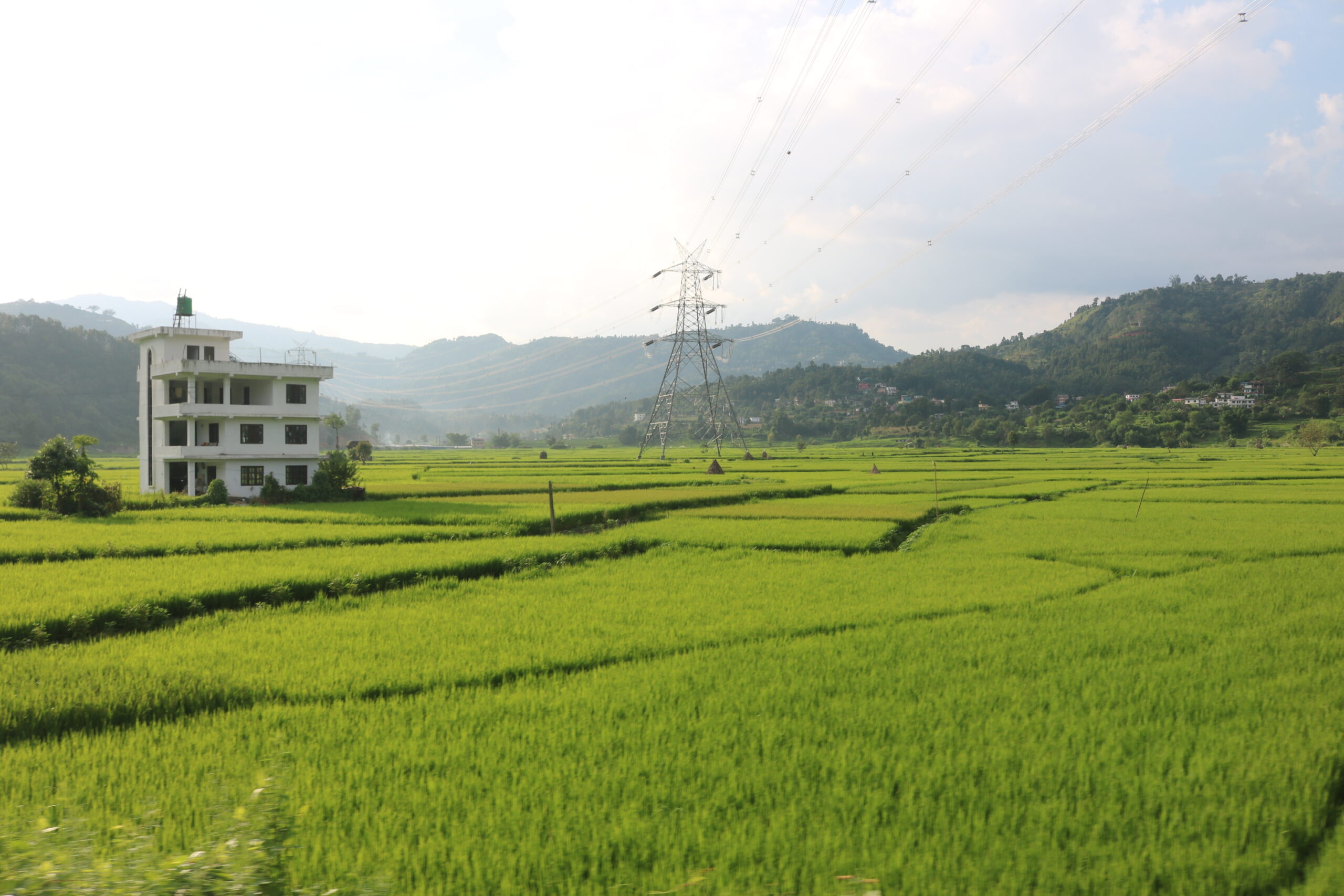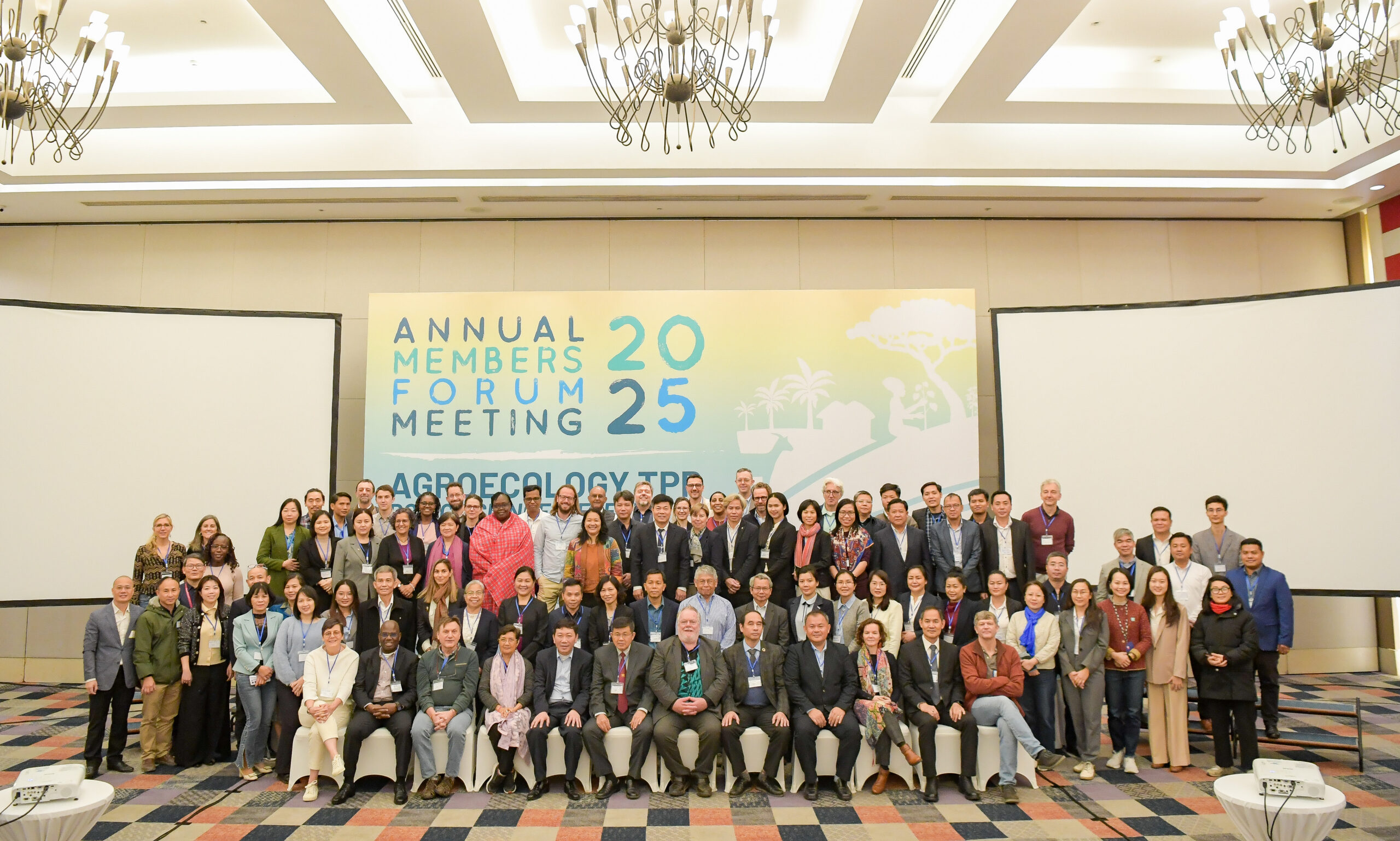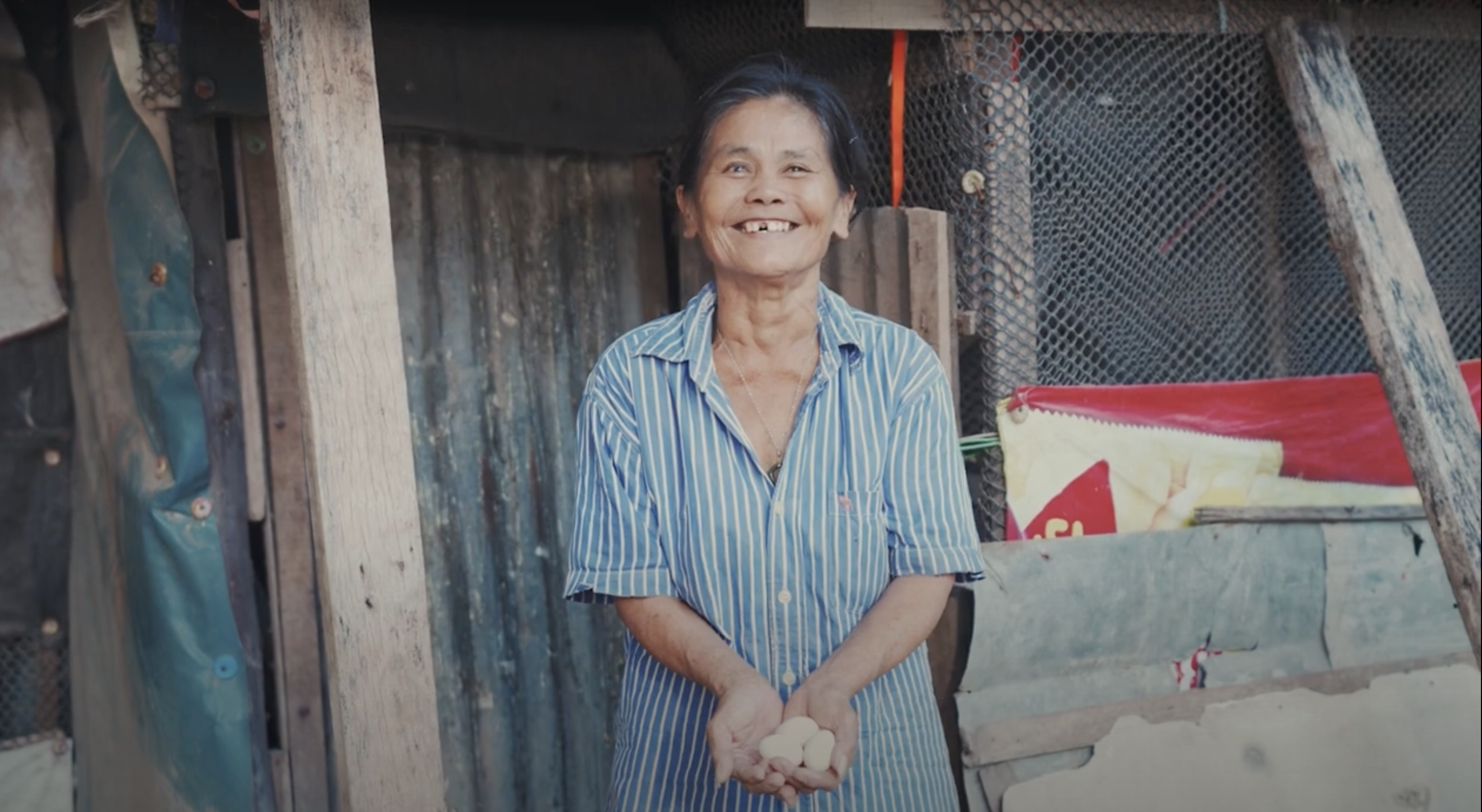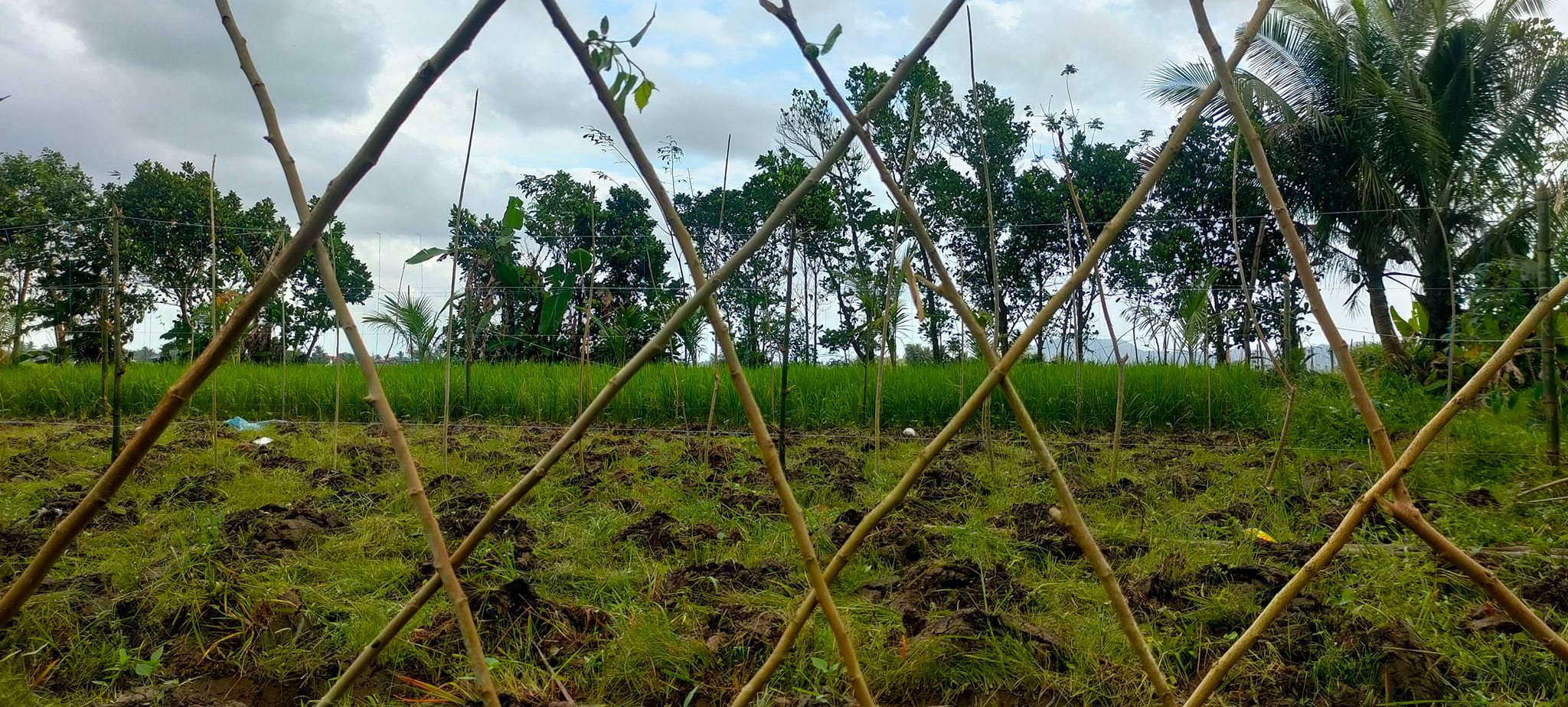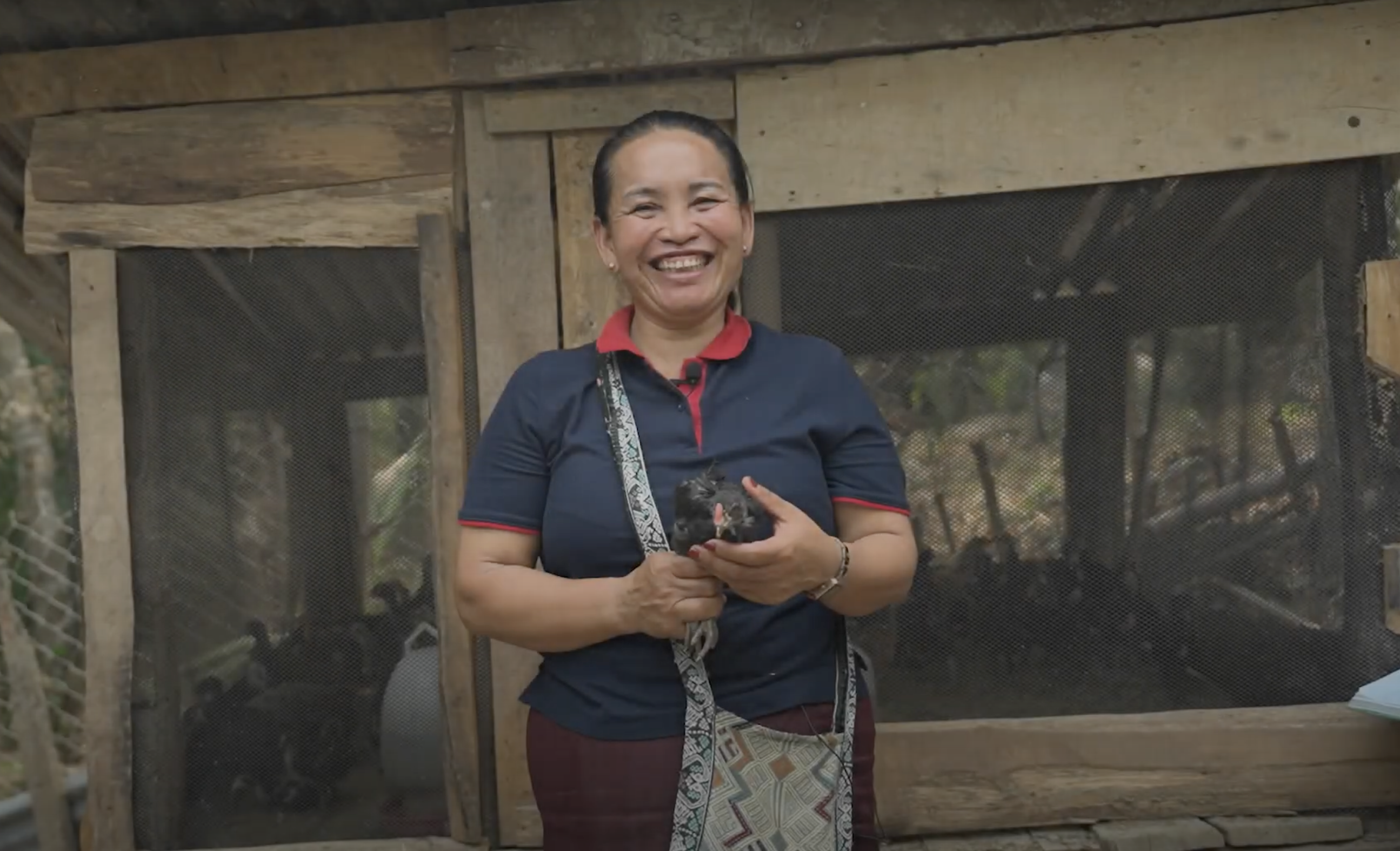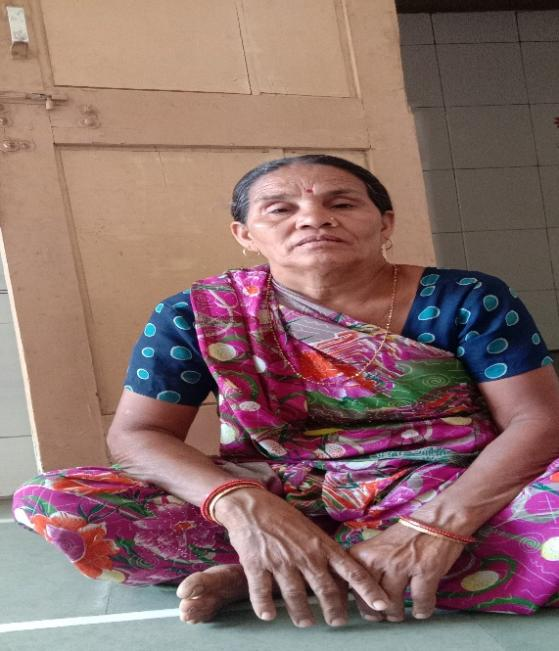Nepal’s Energy Landscape Nepal’s persistent energy scarcity stems from its heavy reliance on traditional biomass and imported fossil fuels, which […]
It has been an extraordinary week of insightful discussions and collaboration! Under the theme “Doing Science Differently”, the Asian Farmers’ […]
The Lao Farmers Association (LFA) launched an initiative to empower persons with disabilities (PWDs) by providing opportunities in agricultural business. […]
? Rural women and family farmers are the protagonists of our food system but still face structural barriers. On the […]
This article was written by Camille Elemia and originally published by the Benar News As crises linked to global warming […]
One of the key services provided by the Lao Farmers Association (LFA) is supporting its members in generating better income […]
The Lao Farmers’ Association (LFA) plans to strengthen farmers’ group networks with the aim of producing quality agricultural products and […]
Chandrikaben Ajitbhai Patel, a 56-year-old farmer from Sathal village, has been engaged in farming for over 35 years. Though she […]


